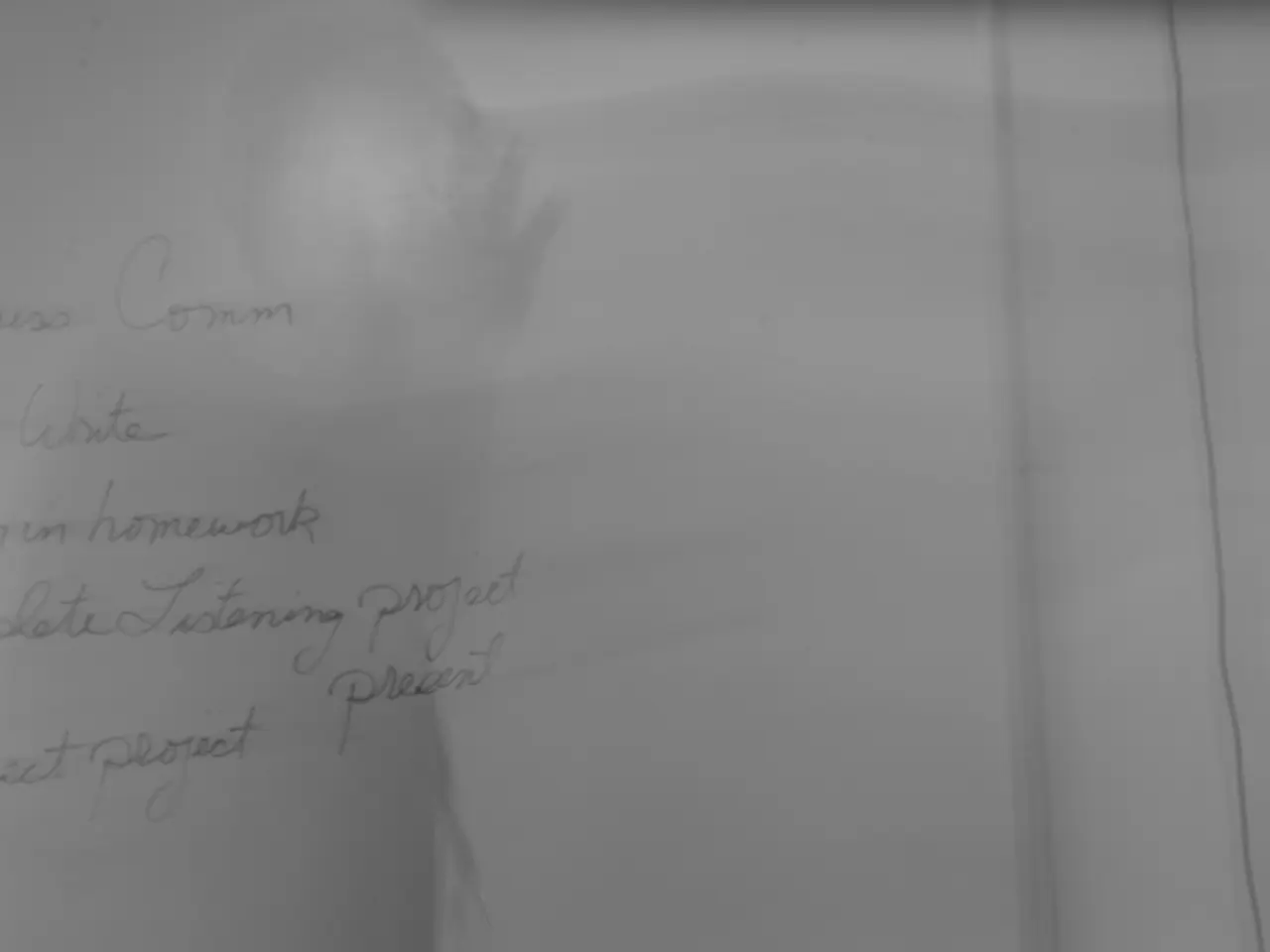EU Agriculture Minister anticipates enhancements in drafted reform proposals - EU Agriculture Minister projects continued progress in the ongoing reform plan enhancements
The European Union (EU) is planning a major overhaul of its agricultural financing system, aiming to streamline and modernize the budget structure. The proposed changes involve merging the Common Agricultural Policy (CAP) and Cohesion Policy funds into a single fund under the Multiannual Financial Framework (MFF) for 2028–2034, totalling approximately €865 billion [1][2][3].
This new structure aims to improve synergies and multiply long-term impact across regions and agriculture. Key details include a single fund structure with a ring-fencing mechanism to ensure a minimum share remains for agriculture, simplification and decentralization, budget and instruments, support for young farmers and innovation, among others [1][2][3].
The simplification measures propose drastic simplification of CAP administration, shifting more responsibilities to local and regional institutions via National and Regional Partnership Plans that integrate CAP and cohesion funds. It also introduces simplified legal frameworks, standard definitions, and digital reporting systems [2][3][4].
However, Agriculture Minister Alois Rainer (CSU) and other agricultural associations have expressed concerns. The merger of funds and reduction in strong EU-level conditionalities have surprised many, as they expected a more moderate reform with stable stakeholder support. The removal of strict conditionality and increased local management has been met with caution due to potential risks of uneven implementation and funding dilution [1].
Agricultural associations worry about budget cuts in some areas and the potential for agricultural funding to compete with other sectors in the single fund structure, despite protective ring-fencing mechanisms [2]. They seek assurances that support for farmers’ income and rural development will remain strong, and that simplification does not come at the cost of effective oversight and stable funding.
Minister-President Dietmar Woidke (SPD) and Minister Alois Rainer share these concerns, emphasizing the importance of restoring trust in farmers and reducing bureaucracy to avoid overwhelming businesses. Rainer, in particular, wants to ensure that the CAP remains an independent policy area, and he aims to advocate for a stable EU agricultural policy in Brussels [3].
The German Farmers' Association heavily criticizes the EU Commission's reform plans for agriculture, describing possible funding cuts as an attack on rural areas. Rainer expects improvements to the EU Commission's controversial agricultural financing reform plans, and both he and Woidke prioritize streamlining bureaucracy in agriculture while maintaining high standards [4].
In summary, the EU's reform plans for agricultural financing aim to streamline and modernize the system, but Agriculture Minister Alois Rainer and stakeholders remain cautious about the practical impacts and risks of these reforms on agricultural financing and governance.
Sources:
[1] Deutsche Welle (2022). EU agricultural reform: Farmers fear budget cuts and loss of control. [Online] Available at: https://www.dw.com/en/eu-agricultural-reform-farmers-fear-budget-cuts-and-loss-of-control/a-61234061
[2] European Commission (2021). Commission proposes new EU budget for 2028-2034. [Online] Available at: https://ec.europa.eu/info/publications/next-long-term-budget-eu-2021-commission-proposes-new-eu-budget-2028-2034_en
[3] European Parliament (2021). MFF 2021-2027: Agriculture and Rural Development. [Online] Available at: https://www.europarl.europa.eu/RegData/bibliotheque/2021/637547/IPOL_BRI(2021)637547_EN.pdf
[4] Farm Europe (2022). EU Agri-Food Sector Faces Challenges in 2022. [Online] Available at: https://www.farmeurope.eu/eu-agri-food-sector-faces-challenges-in-2022/
- The proposed reform in EU agricultural financing involves a merger of several policy funds, including the Common Agricultural Policy (CAP) and Cohesion Policy funds, aiming to integrate industry, finance, and business practices within the policy-and-legislation sphere.
- Despite the proposals for simplification and decentralization, concern remains amongst Agriculture Minister Alois Rainer, agricultural associations, and other stakeholders regarding potential risks associated with uneven implementation and funding dilution, especially in terms of employment policy and politics.
- In the general news, the reform plans have met criticism from the German Farmers' Association and Agriculture Minister Alois Rainer, who argue that possible funding cuts amount to an attack on rural areas and may negatively impact employment policy in these regions.




